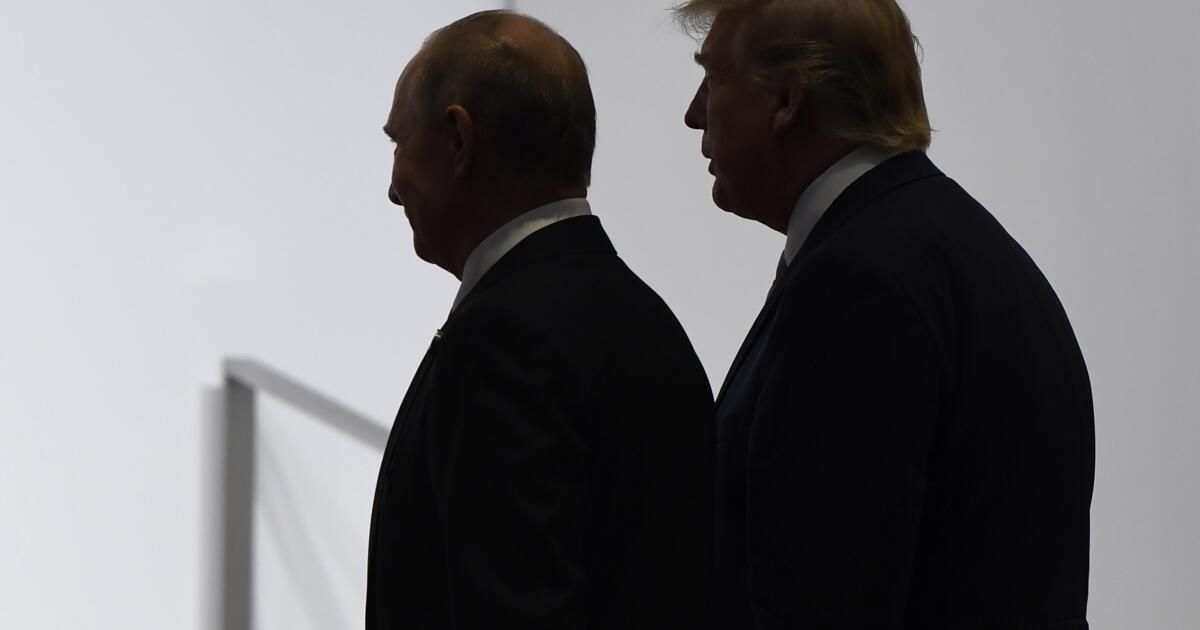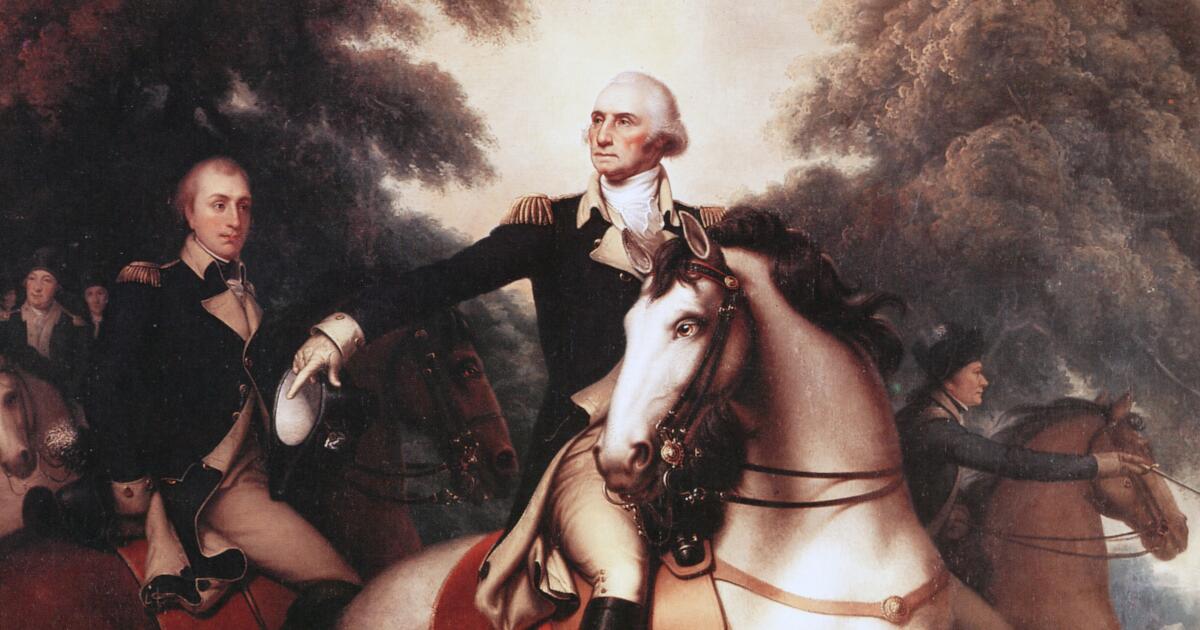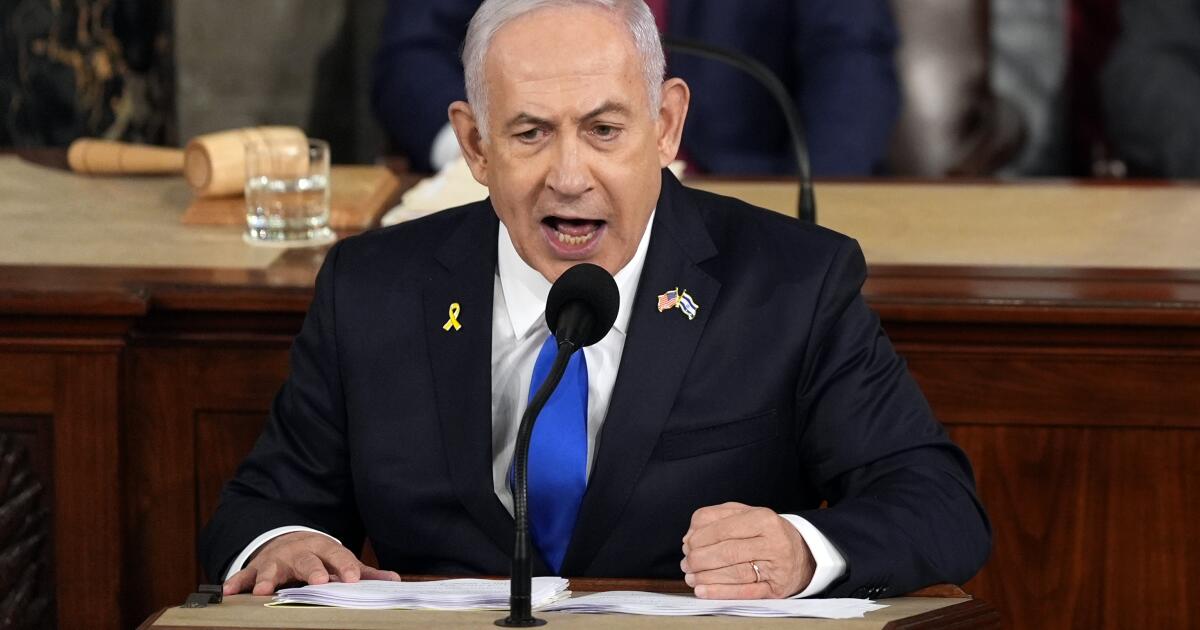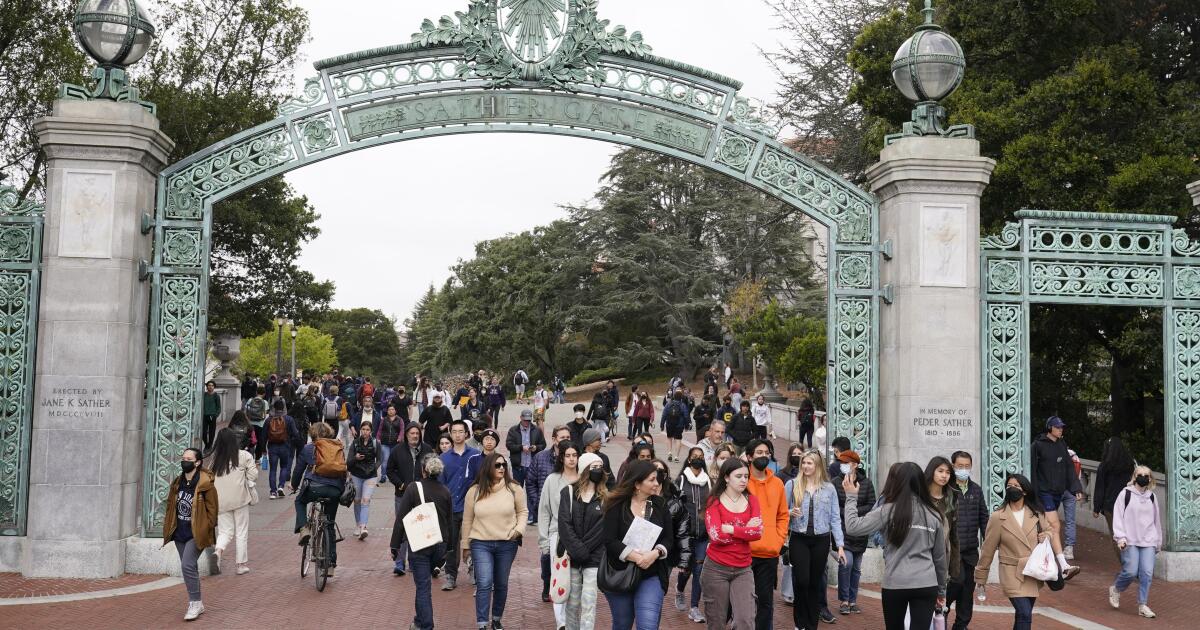After 20 years and $2.3 trillion spent, after more than 100,000 American and Afghan lives were lost, one would think that our war in Afghanistan would be more than a benchmark today. Yet aside from some conservative attacks on President Biden's handling of the exit, the war was barely mentioned this entire election cycle, despite having ended just three years earlier.
opinion columnist
LZ Granderson
LZ Granderson writes about culture, politics, sports, and living life in America.
A reminder of how quickly society is moving and perhaps a glimpse into the future.
When was the last time you heard someone mention Ukraine in casual conversation? In February 2022, when Russia invaded, there were vigils in our streets. Now, more than 1,000 days later, after Congress approved $175 billion in aidIt is likely to fade into distant memory. President-elect Donald Trump, who has repeatedly questioned Ukraine's funding, has vowed to quickly end the war. Ukrainian President Volodymyr Zelensky said he would like to do so through “diplomatic means” next year.
While the average American probably hadn't thought much about Ukraine before the 2022 invasion, Russian President Vladimir Putin has been thinking about the country for more than 30 years.
“The disintegration of the Soviet Union was the collapse of a historic Russia.” said in a documentary which was broadcast over the Russian airwaves. Putin has also referred to the fall of his country in 1991 as “the greatest geopolitical catastrophe of the 20th century.” For those keeping score at home, consider the end of the USSR worse than the two world wars and 20 years of Vietnam. “We lost 40% of the territory, productive capacities and population. We become a different country. “What had been built over a millennium was largely lost.”
Make Russia Great Again may not lend itself to a pronounceable acronym, but it does clearly define Putin's foreign policy agenda. It is based on a worldview that sees Ukraine as a rebellious community and not an independent democracy.
“Freeing yourself from oppression” is a story we know well in this country. It is a history that we teach our children and on which we base our exceptionalism. It is a story of freedom. But as we all know, freedom is not free.
Under the Biden administration, the United States was willing to help Ukraine pay to maintain its freedom. The incoming Trump administration has signaled that this will likely not continue. Other nations will continue to help Ukraine in its fight, but without the military and economic power of the United States, this coalition will have a difficult time holding together against the power of Russia.
The risk of not providing aid to Ukraine is that if that country falls, it will not satisfy Putin. His desire to restore his country's glory has been burning for three decades. Why would he stop just as the resistance crumbles?
The phrase “elections have consequences” does not only refer to domestic politics. There are consequences abroad too. When most voters supported Trump's candidacy, did they fully understand what it would mean to leave Ukraine?
As former Rep. Adam Kinzinger (R-Ill.) told me, “Ukraine gave up its nuclear weapons in exchange for peace. “The fact that Russia is attacking now means that only nuclear weapons function as a deterrent, so nuclear proliferation can be expected around the world.”
As president, Trump was slow to respond after Russia shot at and captured Ukrainian ships and sailors in 2018.. Based on that lukewarm response and his comments about helping Ukraine, one wonders if Trump has any “red line” for Putin and, if so, what it is and what he is willing to do to defend it. Unfortunately, there weren't many opportunities to have these conversations during this election cycle. If there had been, perhaps voters would have a better understanding of the money for Ukraine. According to Kinzinger, a member of the Air National Guard and Air Force veteran who served in Afghanistan and Iraq, “the money spent on weapons is actually produced here in the United States and we send our old [weapons] to Ukraine. So, we are actually creating jobs and renewing our own weapons.”
Normally, the United States pays to have old weapons destroyed, Kinzinger said.
None of this overcame the noise that surrounded a campaign season saturated with misinformation. Trump's argument for isolationism, or his willingness to ignore Ukraine, apparently resonated with many voters. And given our habit of quickly stopping talk of war, it is doubtful that many of us even remember how much it cost us to support Ukraine.
On the other hand, we may find that abandoning Ukraine and giving in to Russia comes at a much greater cost, one we will be unable to forget.
@LZGranderson












